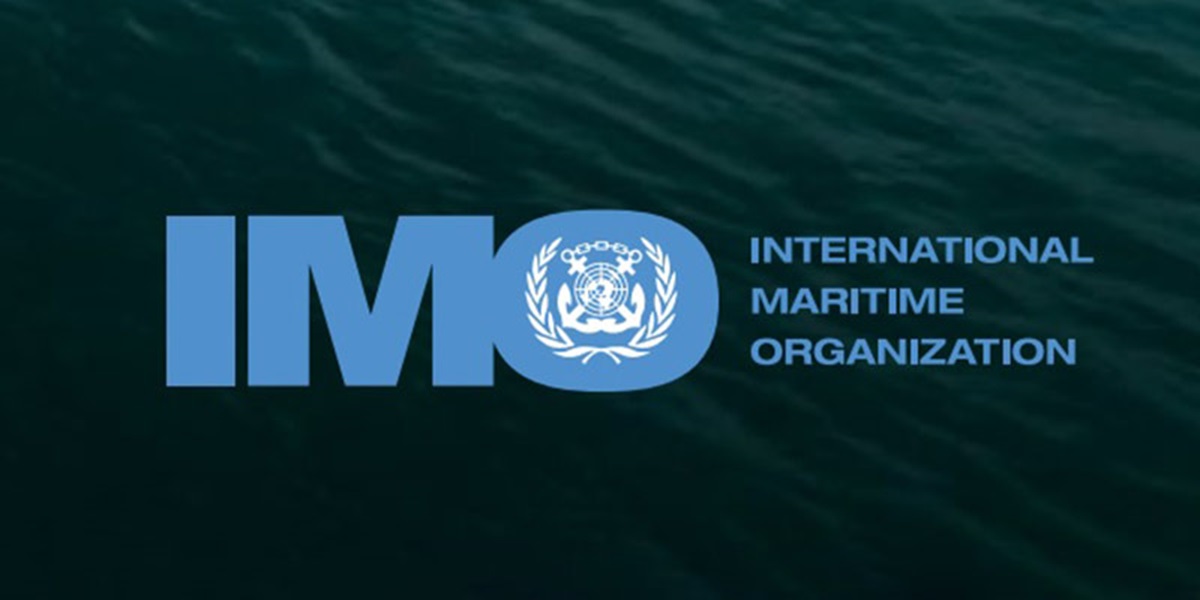The International Maritime Organization (IMO) has released interim guidelines (MSC.1/Circ.1687) for the safety of ships using ammonia as fuel, marking a key step in regulatory support for alternative fuels.
Finalised by the CCC Sub-Committee and approved at the Maritime Safety Committee (MSC) 109, the guidelines provide goal-based provisions, with room for future updates.
The Baltic and International Maritime Council (BIMCO) has actively contributed and continues to support the safe adoption of alternative fuels for sustainable shipping.
The interim guidelines provide a goal and function-based safety framework covering ship design, equipment, operations, bunkering, toxicity mitigation, and crew protection.
While non-mandatory, the guidelines align with the IGF Code and SOLAS principles, providing a consistent reference for ammonia-fuelled projects.
They aim to ensure ammonia-fuelled systems match the safety and reliability of conventional oil engines, addressing ammonia’s hazards like toxicity, explosive risks, and material compatibility.
According to BIMCO, the guidelines encourage early adoption but highlight the need for refinements, particularly in toxicity controls and emergency systems, as operational experience grows.
Recently, the IMO announced that it is developing a comprehensive strategy to leverage emerging technologies and drive efficiency, safety, and sustainability in the shipping industry.







